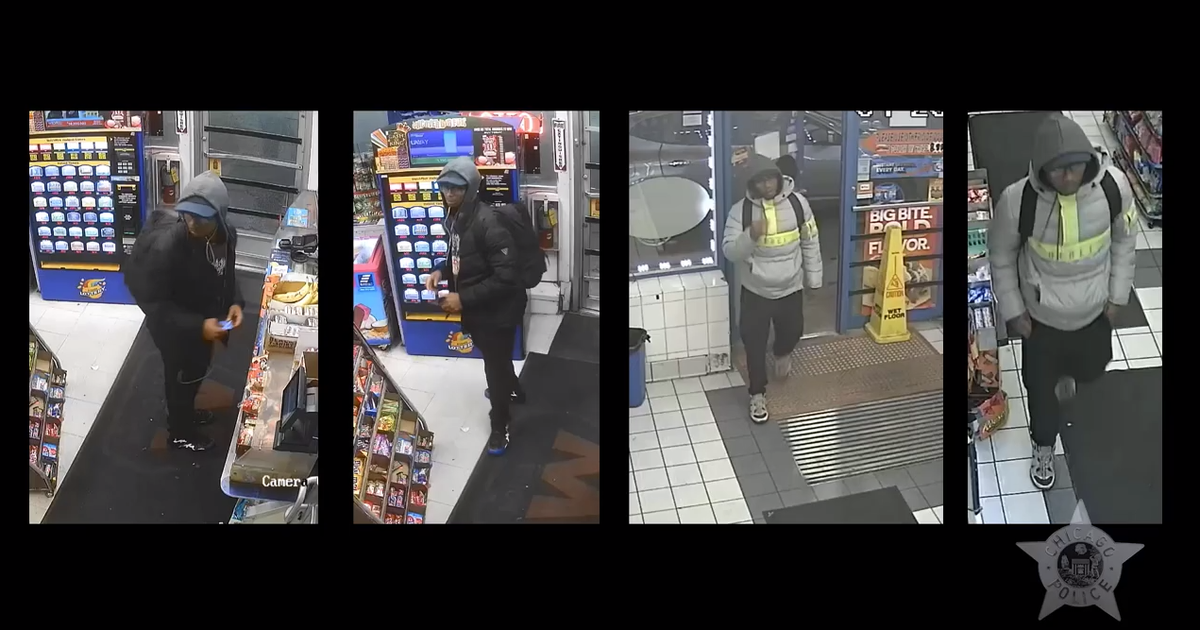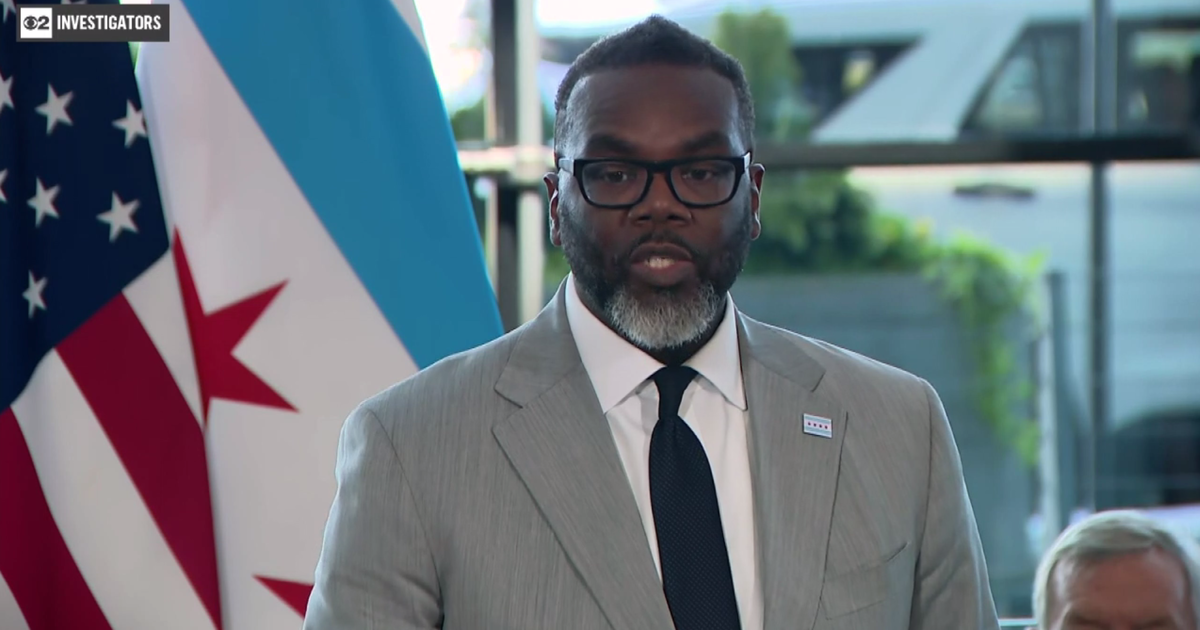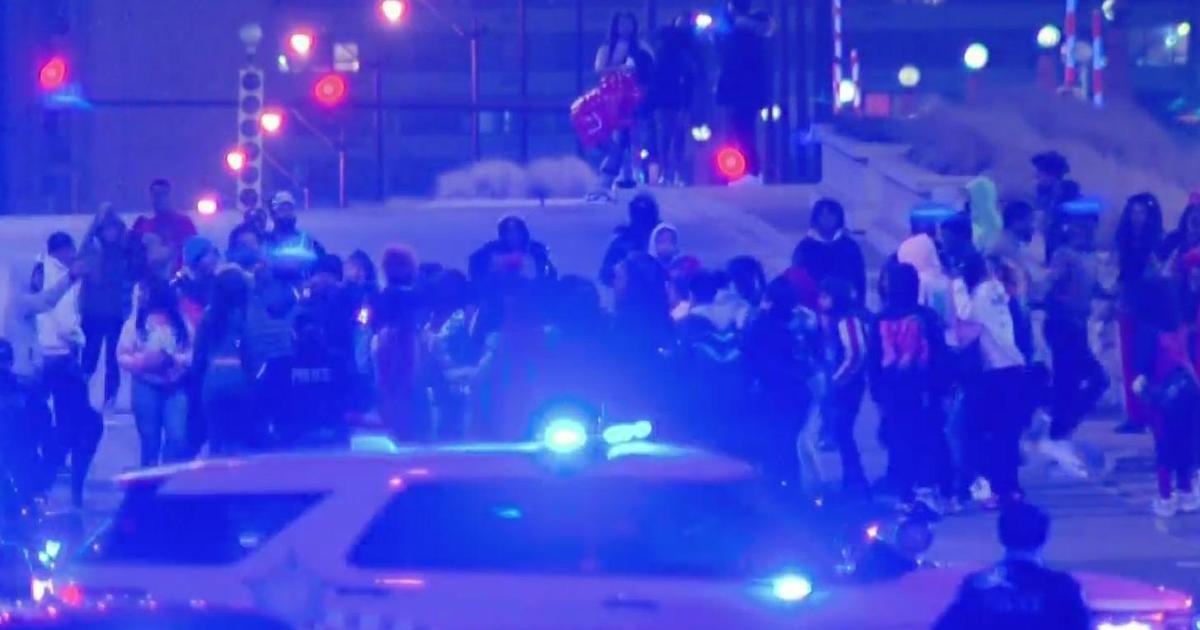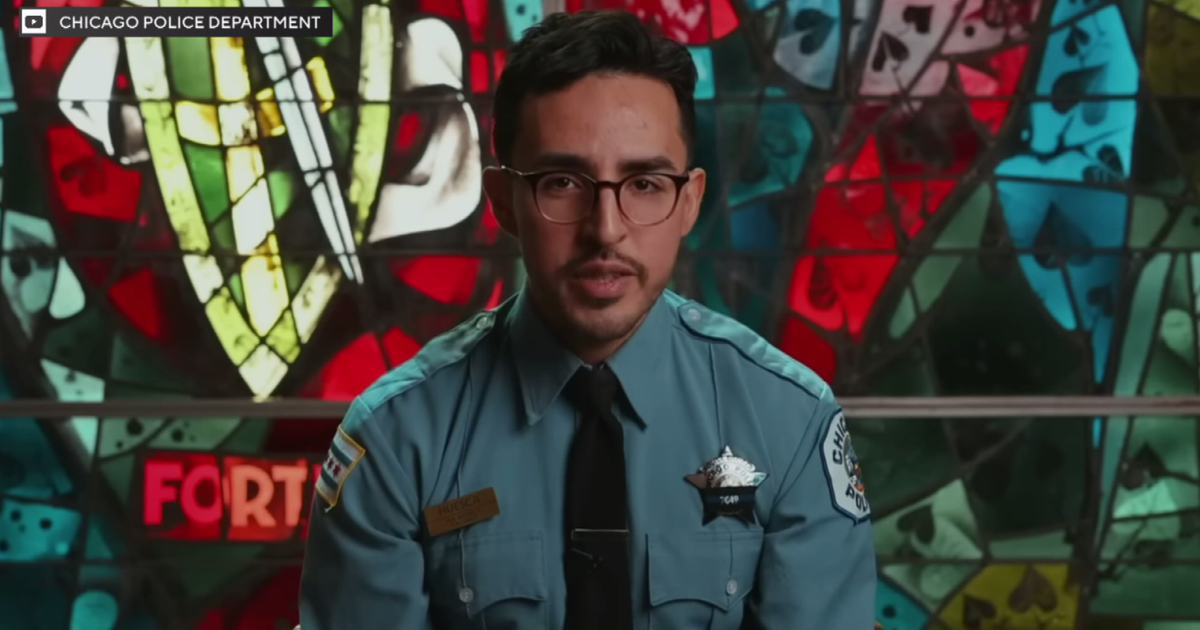Murder Or Justified Deadly Force? Jury Weighing Police Officer Jason Van Dyke's Fate
CHICAGO (CBS) -- Jurors are deciding the fate of Chicago Police Officer Jason Van Dyke, charged with murder in the 2014 shooting of Laquan McDonald. The case went to the jury around 12:30 p.m. Thursday, after hearing closing arguments in one of the most closely watched murder trials in Chicago history.
The judge told the jury to end their for deliberations for the day shortly after 5 p.m., after they sent a note informing him two jurors wanted a cigarette break, because they were having trouble concentrating. Judge Vincent Gaughan said the 12 jurors and three of the five alternates will be sequestered for the night. Two other alternate jurors were dismissed.
The jury will resume deliberations Friday morning.
Van Dyke is charged with two counts of murder, 16 counts of aggravated battery, and one count of official misconduct.
Jurors were told they also may consider convicting Van Dyke of second-degree murder. In order to do so, they would have to determine the prosecution proved the elements of first-degree murder, that the defense has shown Van Dyke believed he was justified in shooting McDonald, but that his belief was not a reasonable one.
Van Dyke shot McDonald 16 times on the night of Oct. 20, 2014, while police were responding to a call the teen had been stealing from trucks in a parking lot at 41st and Kildare. As Van Dyke was en route, he and his partner heard police dispatch reports that McDonald had punctured the tire of a squad car, and that other officers had requested a Taser.
As he wrapped up closing arguments, special prosecutor Joseph McMahon accused Van Dyke of making the decision to shoot McDonald before he even got out of his squad car.
"You know now that Jason Van Dyke was already asking why somebody didn't shoot Laquan McDonald before he even arrived on the scene," he said. "Before he made any attempt to assess the situation himself, he made the decision to shoot as soon as he heard Laquan was defying the orders to stop and drop the knife."
Earlier, assistant special prosecutor Jody Gleason told the jury Van Dyke has been trying to misrepresent the threat McDonald presented that night in order to justify the shooting after the fact.
"This case has been about exaggerating the threat, and trying to hide behind the police shield," she said. "There's no justification for shooting Laquan McDonald that night. Not one shot. Not the first shot. Not the 16th shot."
Defense attorneys have painted McDonald as a wide-eyed teenager high on PCP and waving a knife.
"Had Laquan McDonald dropped that knife, he'd be here today," Herbert said.
RELATED NEWS: Murder Or Justified Deadly Force? Jury Weighing Police Officer Jason Van Dyke's Fate
Herbert argued Van Dyke was protecting lives, after McDonald had popped a squad car's tire, and been involved in violent confrontation with civilians before the shooting.
"When Laquan McDonald gets confronted, what happens? He attacks," he said.
Herbert also criticized the prosecution's key piece of evidence, the infamous dashboard camera video showing the shooting. He argued it didn't show Van Dyke's perspective of the encounter.
"What is the arrow showing?" he said. "At that point, Laquan turned and raised the knife over his shoulder."
However, neither the dashboard camera video nor an animated recreation of the shooting created by the defense to show Van Dyke's perspective showed McDonald raising his knife.
Jason Van Dyke Trial: Key Moments As Jury Deliberates
To counter the defense's picture of a threatening McDonald, prosecutors argued McDonald was walking away from Van Dyke, 10 other armed police officers who had surrounded McDonald chose not to draw their weapons, and Van Dyke knew an officer with a Taser was on the way, yet he chose to shoot only six seconds after exiting his car.
"Shooting this kid, because Laquan McDonald was not respecting the authority of the Chicago Police Department, and the orders to stop and drop the knife," McMahon said.
Defense attorneys repeatedly stressed the number of times Van Dyke fired didn't matter, arguing only one of them was fatal. Herbert also cited a defense expert who testified Van Dyke was trained to use deadly force until he knows the threat is eliminated.
"Your job is to interpret how a reasonable police officer would have reacted. We, as civilians, we can't recognize a lot of things police officers can," he said. "We have to look at this from Jason Van Dyke's perspective."
Gaughan has said, once jurors inform him they have reached a verdict, he will give an hour's notice before the verdict is announced in court.
Chicago Police Increasing Patrols In Preparation For Van Dyke Verdict



